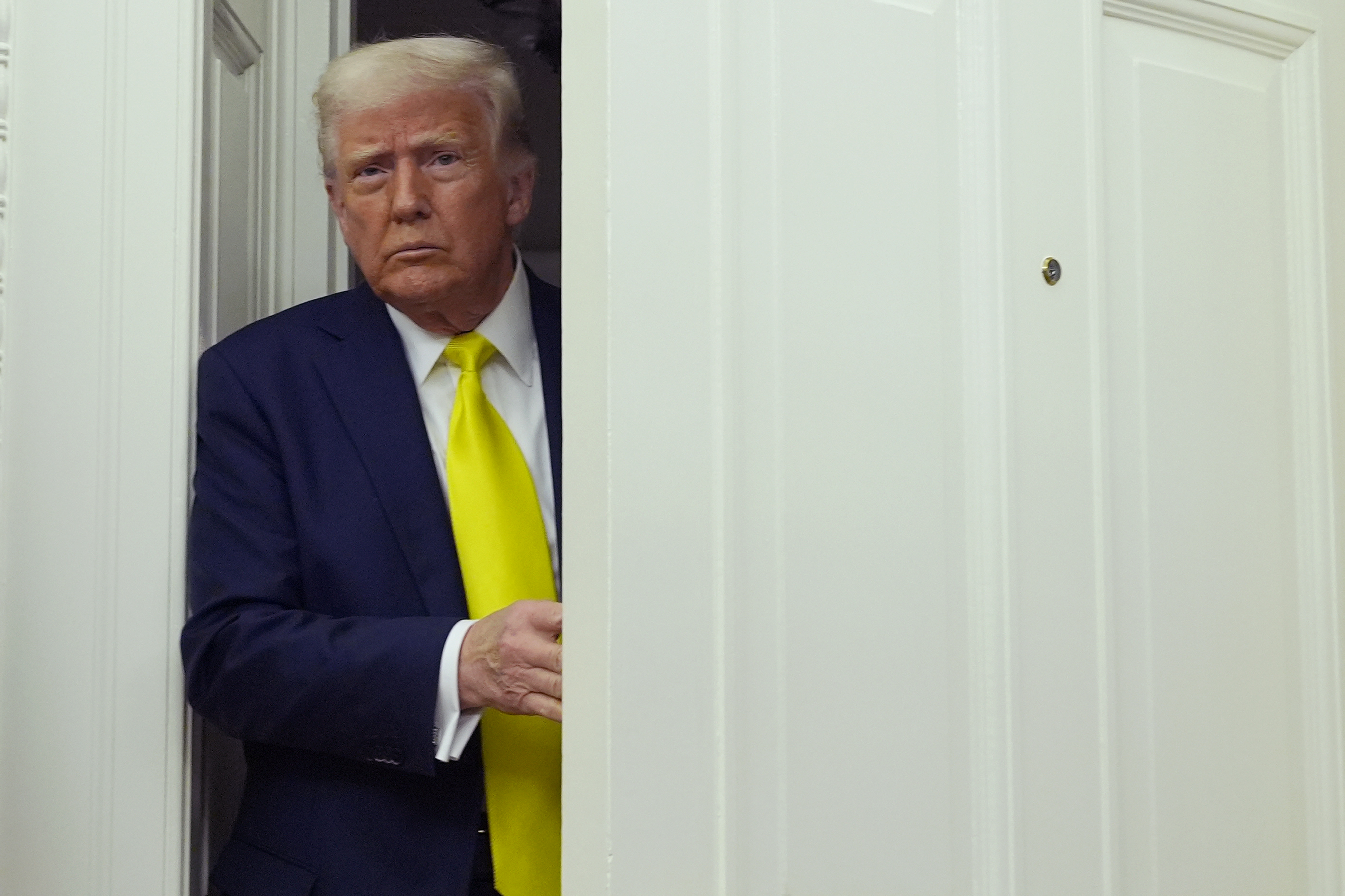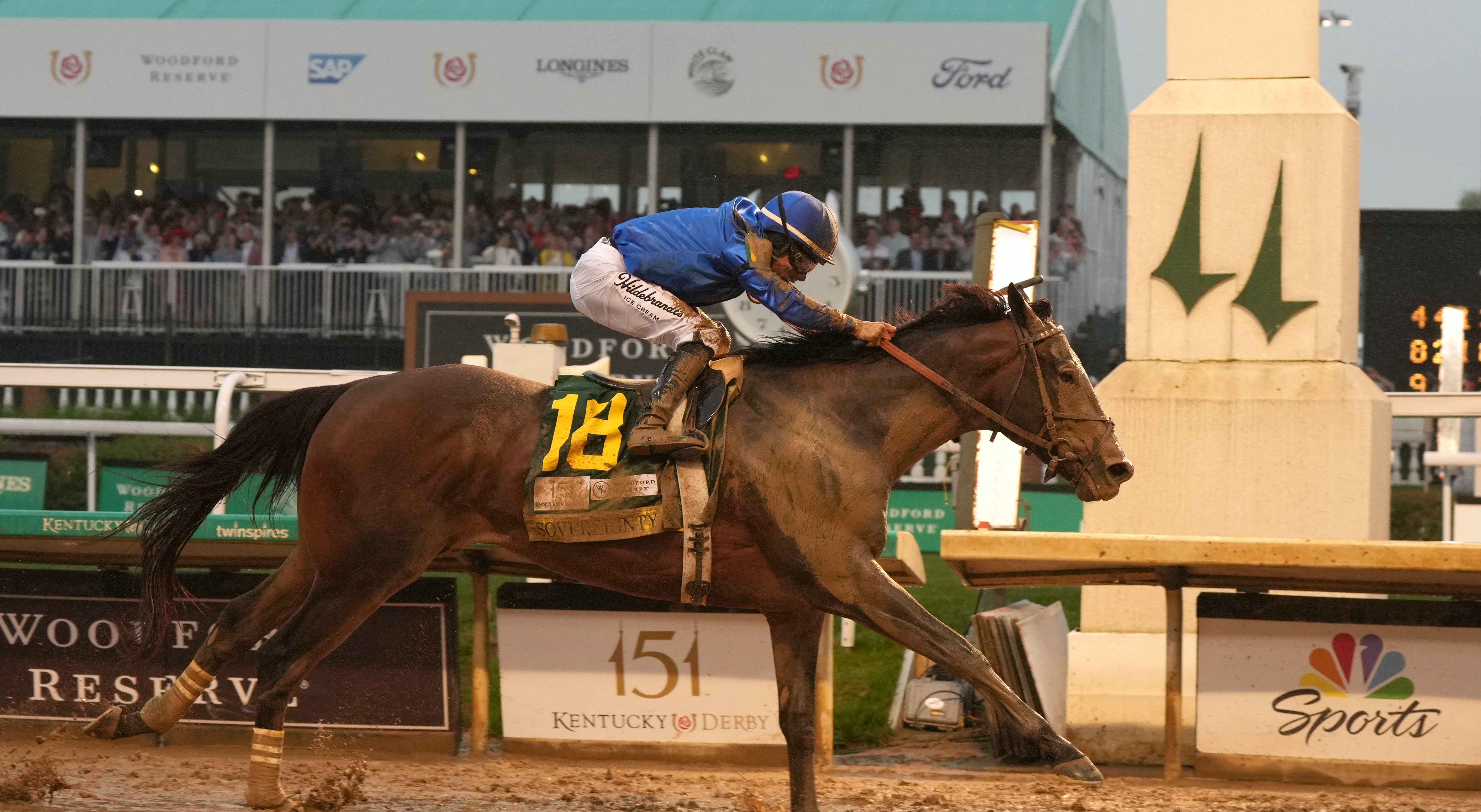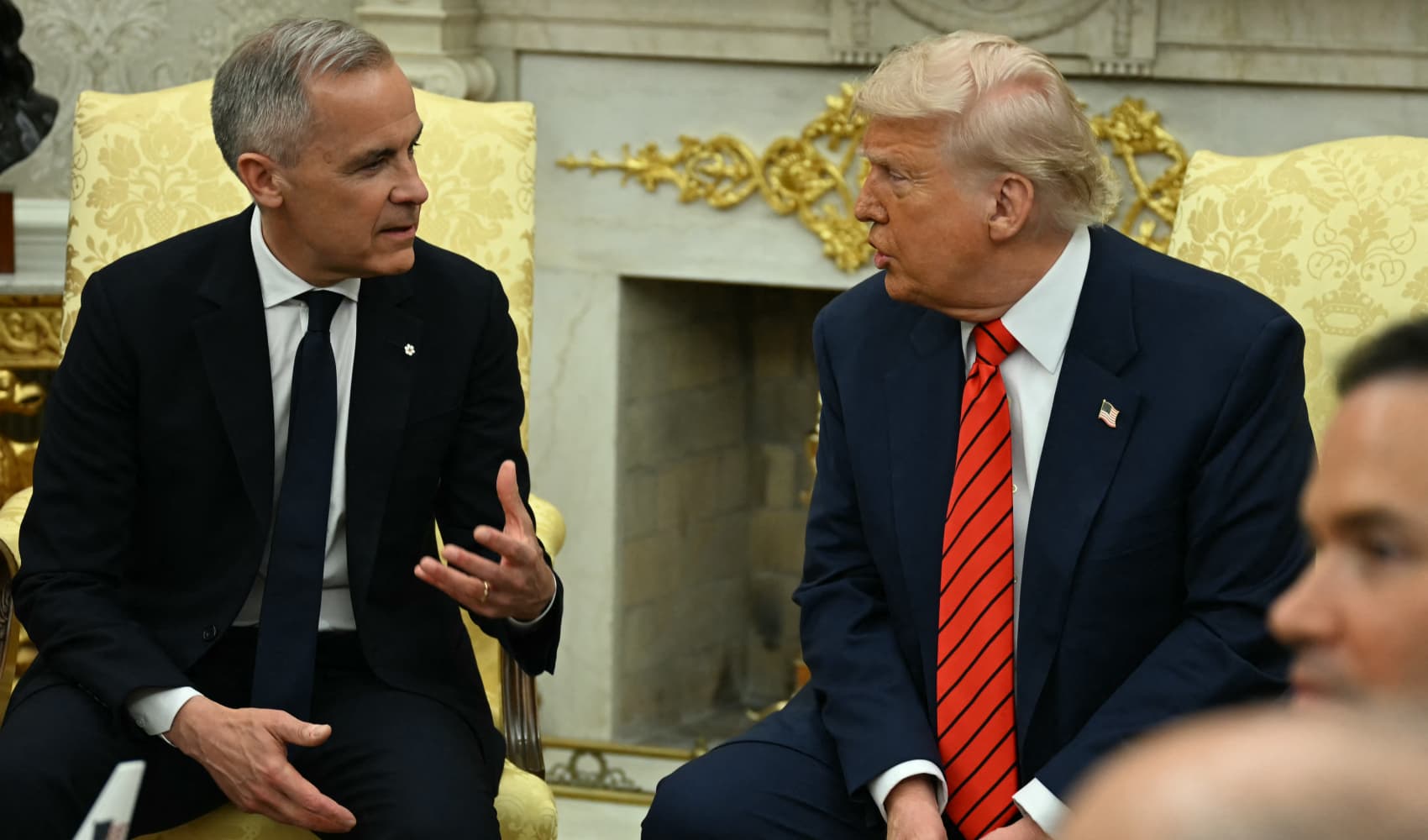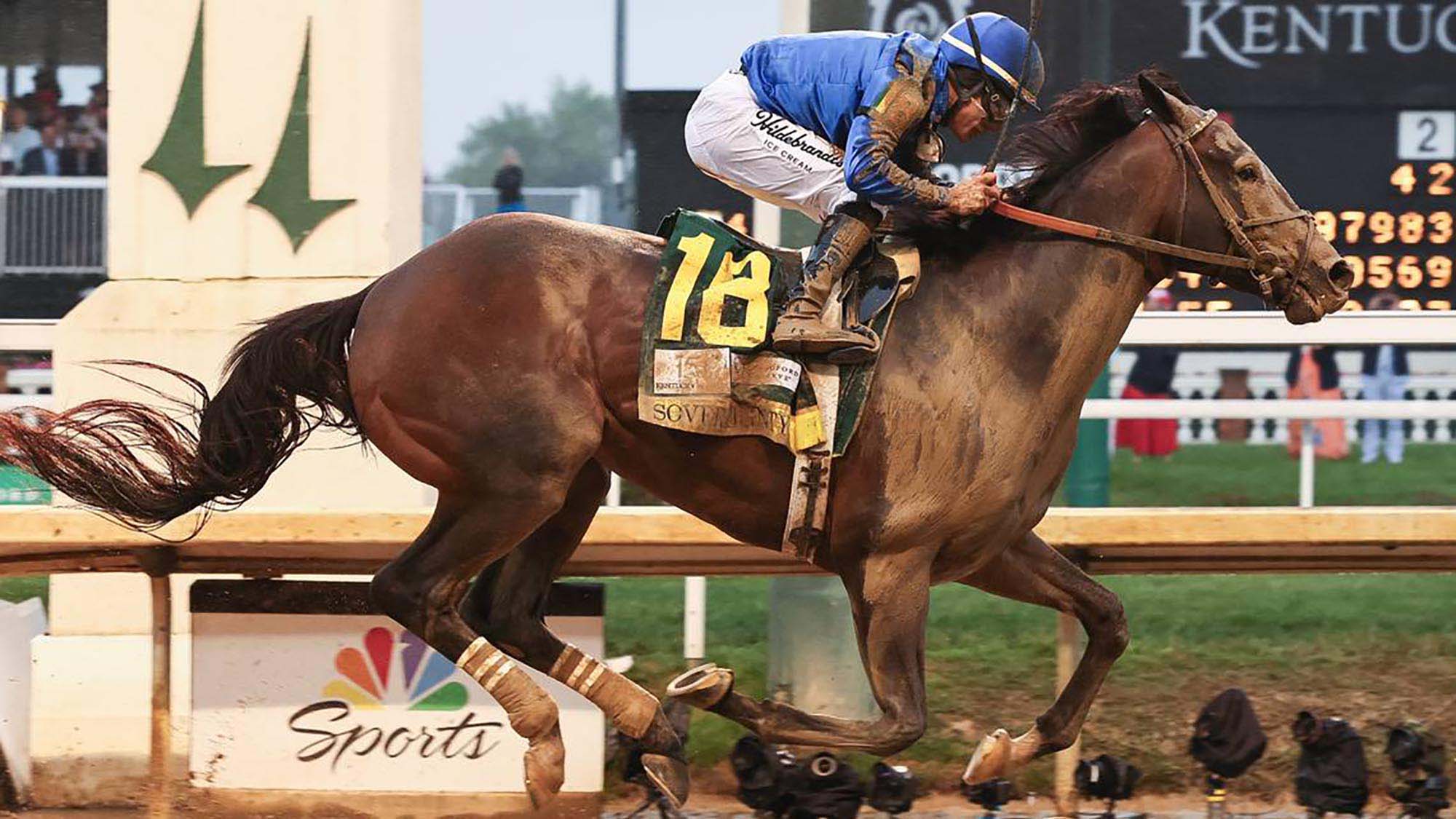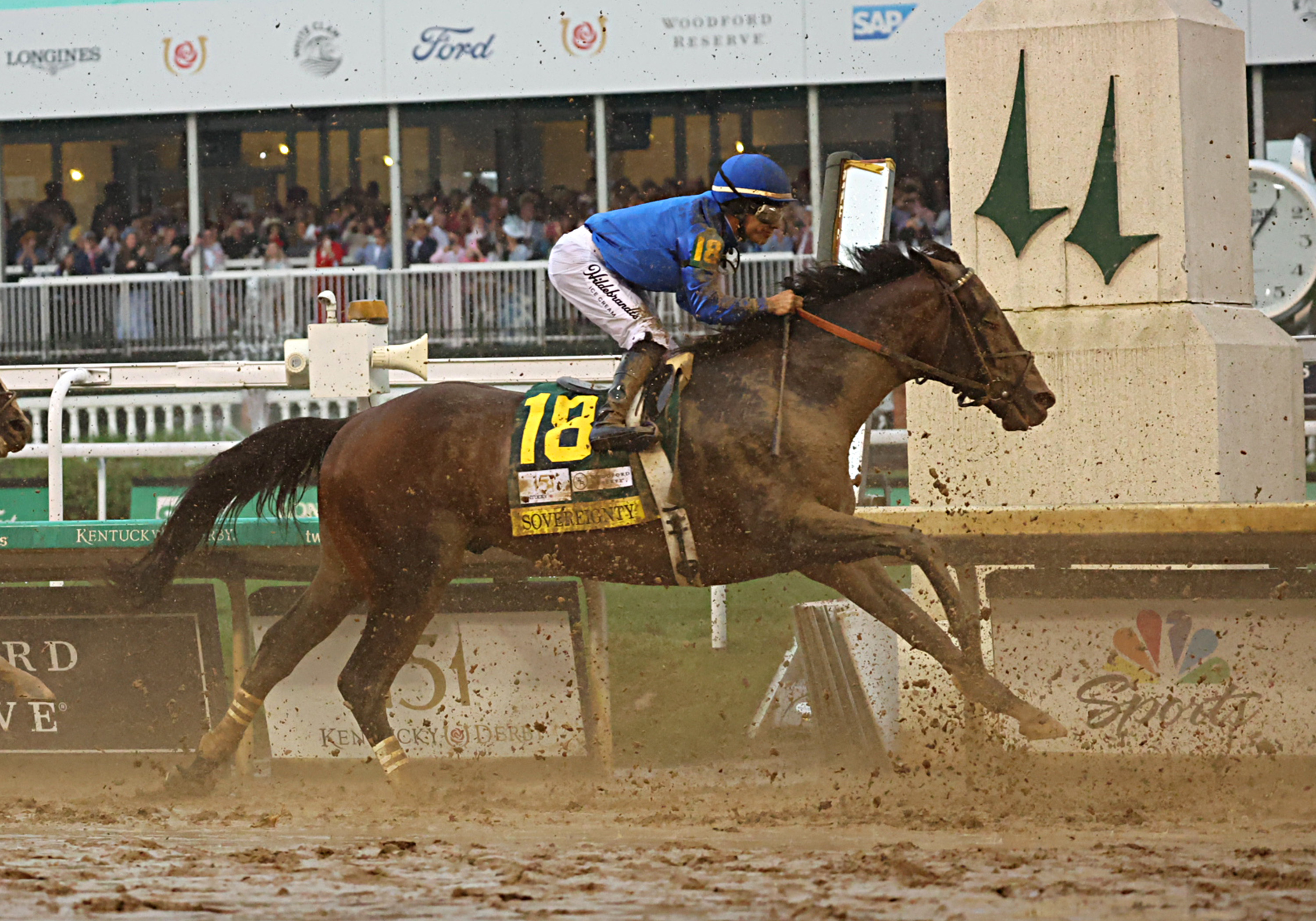Ukraine-Russia Peace on the Brink? Trump Weighs In!
Trump's Bold Stance: Ukraine-Russia Talks "Coming to a Head"?
Introduction: A Tipping Point in Ukraine-Russia Negotiations?
President Donald Trump has once again weighed in on the ongoing conflict between Ukraine and Russia, stating that negotiations are "coming to a head." But what does this actually mean? Is a resolution finally within reach, or is this just another twist in a long and complex saga? He also made it clear that he believes no one is manipulating him in these delicate discussions. Let's delve deeper into Trump's comments, the potential implications, and what it all means for the future of peace in the region. After all, isn't everyone tired of seeing this conflict drag on?
Trump's Confidence: No One Is "Playing" Him
One of the most striking aspects of Trump's statement is his insistence that neither Ukraine nor Russia is "playing" him. This suggests that he believes he has a clear understanding of both sides' motivations and intentions. “Now, if for some reason, one of the two parties makes it very difficult, we’re just going to say you’re foolish. You are fools, you horrible people,” Trump said. But is this confidence justified? Can any outside mediator truly claim to have complete insight into such a complex geopolitical situation? Only time will tell.
Marco Rubio's Warning: "Move On" From Peace Efforts?
Secretary of State Marco Rubio's comments provide a stark contrast to Trump's optimistic tone. Rubio warned that the U.S. may "move on" from trying to secure a peace deal if there is no significant progress soon. This raises the stakes considerably. Could the U.S. be losing patience with the stalled negotiations? And what would the consequences be if America were to withdraw its diplomatic efforts?
The Clock is Ticking
Rubio's warning essentially puts a deadline on the peace process. He's saying, "Show us some real progress, or we're out." This creates pressure on both Ukraine and Russia to compromise and find common ground. But is this pressure tactic likely to be effective, or could it backfire and further entrench the two sides in their positions?
"Fools, Horrible People": Trump's Blunt Warning
Trump's rhetoric is characteristically blunt. He didn't mince words, threatening to label either party that obstructs progress as "fools" and "horrible people." While some might criticize this approach as undiplomatic, others might argue that it's a necessary wake-up call. Sometimes, doesn't a little tough love get the job done?
Paris Talks: A Glimmer of Hope?
Rubio's "dour assessment" came *after* landmark talks in Paris involving U.S., Ukrainian, and European officials. These talks reportedly produced outlines for steps toward peace. So, is there a disconnect between the progress made in Paris and Rubio's pessimistic outlook? Or does Rubio believe that the Paris talks were merely a superficial show of progress?
London Meeting: The Next Critical Test
Another meeting is scheduled to take place in London next week. This meeting will likely be crucial in determining whether the progress made in Paris can be sustained and built upon. Will the London meeting yield concrete results, or will it be another round of fruitless discussions?
The U.S. Role: Mediator or Power Broker?
The U.S. has positioned itself as a key mediator in the Ukraine-Russia conflict. But is America truly an impartial mediator, or does it have its own strategic interests at play? Some argue that the U.S. is using its influence to shape the outcome of the conflict in a way that benefits its own geopolitical goals. What do *you* think?
The European Union's Involvement
The European Union has also been heavily involved in the peace process, providing financial and diplomatic support to Ukraine. The EU's interests are closely tied to the stability of the region, as the conflict has had significant economic and political repercussions for Europe. Will Europe take a lead if the U.S. reduces its commitment?
Ukraine's Perspective: Seeking Sovereignty and Security
For Ukraine, the conflict is about defending its sovereignty and territorial integrity. The Ukrainian government is seeking a resolution that guarantees its security and prevents further Russian aggression. What sacrifices will Ukraine be willing to make to achieve peace?
Russia's Perspective: Protecting Its Interests
Russia, on the other hand, views the conflict as a matter of protecting its own security interests and preventing NATO expansion. The Russian government is seeking a resolution that addresses its concerns about the presence of Western military forces near its borders. How far will Russia go to protect what it perceives as its vital interests?
The Human Cost of the Conflict
Beyond the geopolitical considerations, it's important to remember the human cost of the conflict. Thousands of people have been killed, and millions have been displaced. The conflict has caused immense suffering and devastation. Can we afford to let this continue?
Displaced Populations and Humanitarian Crisis
The conflict has led to a significant humanitarian crisis, with millions of Ukrainians forced to flee their homes. These displaced populations face immense challenges, including lack of access to food, shelter, and medical care. International aid organizations are working tirelessly to provide assistance, but the needs are overwhelming.
Potential Outcomes: Peace, Stalemate, or Escalation?
Several potential outcomes are possible. A negotiated peace agreement is the most desirable outcome, but it remains uncertain whether the two sides can reach a compromise. A continued stalemate is also possible, with the conflict dragging on indefinitely. And, tragically, there is even a risk of escalation, with the conflict potentially widening to involve other countries.
The Future of Ukraine-Russia Relations
Even if a peace agreement is reached, the relationship between Ukraine and Russia will likely remain strained for years to come. The conflict has created deep divisions and mistrust between the two countries. It will take time and effort to rebuild trust and foster a more peaceful relationship.
Conclusion: A Crossroads for Peace
The Ukraine-Russia negotiations are indeed at a critical juncture. Trump's confidence that no one is "playing" him is juxtaposed with Rubio's warning of a potential U.S. withdrawal. The upcoming London meeting will be pivotal in determining whether the momentum from the Paris talks can be sustained. Ultimately, the future of peace in the region depends on the willingness of both Ukraine and Russia to compromise and find a solution that addresses the concerns of all parties involved. The human cost of this conflict is too great to ignore. Let's hope for a breakthrough.
Frequently Asked Questions
- What are the main obstacles to a peace agreement between Ukraine and Russia?
The main obstacles include disagreements over territorial integrity, security guarantees, and the status of the Donbas region. Both sides have deeply entrenched positions that are difficult to reconcile.
- What role is the United States playing in the negotiations?
The United States is acting as a mediator, attempting to facilitate dialogue and find common ground between Ukraine and Russia. The U.S. also provides financial and military assistance to Ukraine.
- What is the European Union's position on the conflict?
The European Union supports Ukraine's sovereignty and territorial integrity. The EU has imposed sanctions on Russia and provided financial assistance to Ukraine. The EU is also actively involved in the peace process.
- What are the potential consequences if the U.S. withdraws from the peace process?
If the U.S. were to withdraw, it could weaken the pressure on Russia to negotiate and potentially prolong the conflict. It could also embolden Russia to pursue its objectives more aggressively.
- What can ordinary citizens do to support peace in Ukraine?
Ordinary citizens can support peace by donating to humanitarian organizations that are providing assistance to Ukrainians affected by the conflict. They can also advocate for policies that promote peace and diplomacy.
